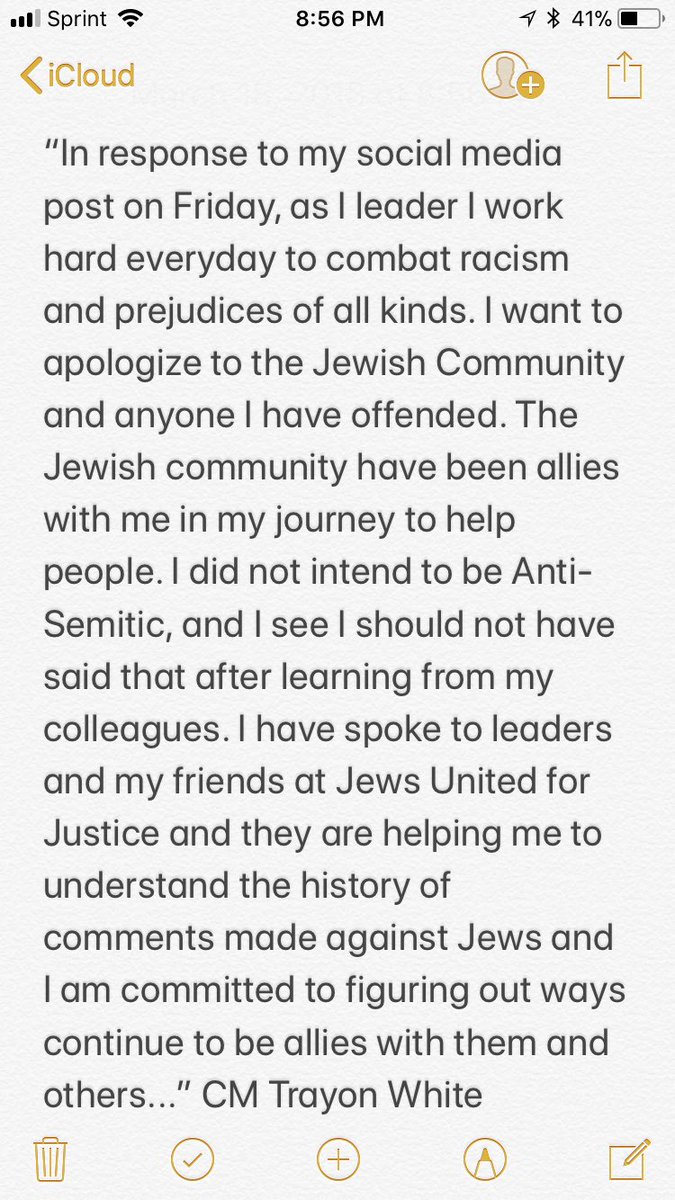I've actually written some things which might be thought of as in alignment with Weisman's thesis, e.g., praising the ADL but calling out other Jewish groups for going soft on Steve Bannon (the terrible revelation that many Jewish orgs kept quiet specifically to avoid alienating conservative donors would also fit very well here). That said, I think the story of whether Jews are or aren't sufficiently calling out antisemitism in America and globally is a complicated story; I don't think the answer is pat
But for now, all I want to add is this: How can we write a column on this subject, where the thesis is "Jews talk too little about antisemitism", without even acknowledging the trope that Jews talk too much about antisemitism? Isn't that the more pervasive stereotype? Certainly, it isn't dead yet -- as I found out a few years ago at an academic conference:
The folks questioning me seemed to think that the debate we were having was whether anti-Semitism is raised too often or just the right amount. But I don't think anti-Semitism is talked about the right amount; I think we talk about far too infrequently.... For all we have convinced ourselves that it is easy to cry anti-Semitism, that Jews don't have qualms about doing so when it's false let alone when it's real, the reality is far different. Pretty much all the Jews I know, especially those left-of-center (which is to say, most Jews), are keenly aware of the costs of anti-Semitism talk -- that each time they try to raise the subject (no matter the context or validity), they are feeding into this narrative of "there they go again."A good chunk of the comments responding to the (very good) Trayon White apology this past week also were in this vein -- "look at the Jews, crying antisemitism just because someone says the Rothschild's control the weather!"
Just like conservatives started on "colleges indoctrinate impressionable youths with obscene smut and Marxist propaganda" and skipped on over to "colleges shield snowflake youths from controversial ideas and difficult viewpoints" without seeming to miss a beat. somehow we've hopped from "Jews always talk about antisemitism" to "Jews never talk about antisemitism" without even acknowledging the shift.
As it happens, I think I more-or-less agree with Weisman in that I think Jews aren't particularly vocal about antisemitism and that we should be louder on the subject. But one of the more plausible explanations for that observation is that Jews have grown gun-shy on raising the issues for fear of supporting the omnipresent narrative that Jews are too vocal and too loud on the matter. I find it baffling -- bordering on bizarre -- that one could write a column (hopefully not a whole book!) on this subject and just skip over that stereotype entirely.

